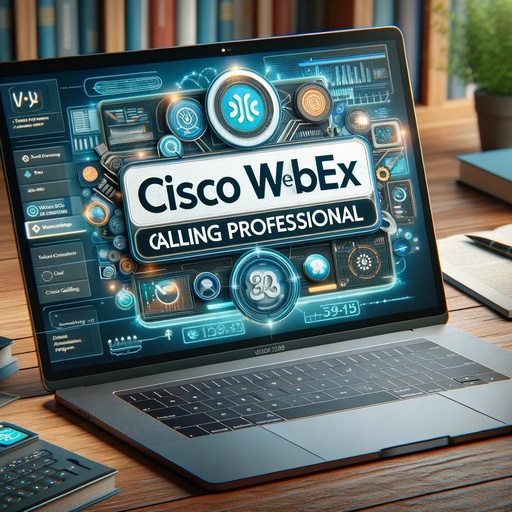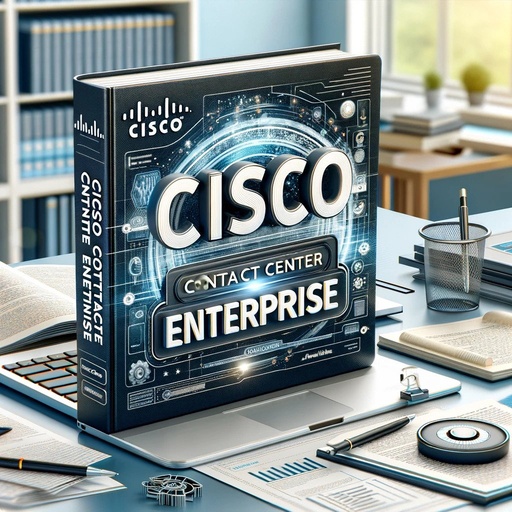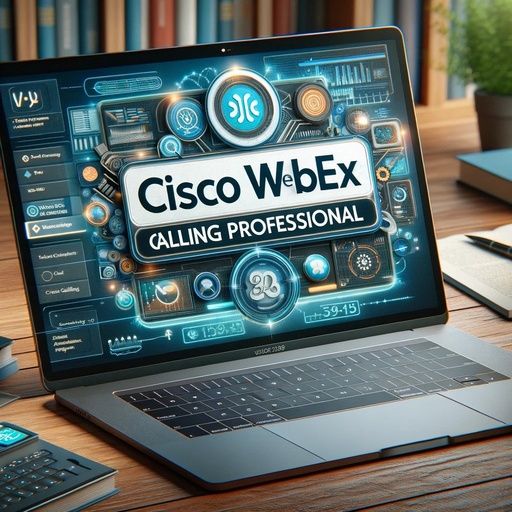Reach new heights
Start your online course today!
Skill up and have an impact! Your IT career starts here.
Time to start a course.

Elevate your command of Cisco's premier communication tool with our dedicated Cisco WebEx Calling Training Video. These comprehensive resources are meticulously constructed to transition you from a casual user to a proficient expert in the Cisco WebEx Calling system. Our study kits are your personal guide through the vast functionalities of WebEx Calling, providing you with the insights and tools necessary to leverage this sophisticated technology fully.


Elevate your IT career with our Cisco Webex Contact Center Deployment Training Video. Learn to deploy, configure, and manage Webex solutions with expert-led tutorials. Ideal for IT pros seeking to master cloud contact center technology.
Free Version - Sign up to get full access

Master Cisco UCCE and PCCE with our concise Video Training. Perfect for both beginners and experts, this program delivers key skills to deploy, manage, and optimize Cisco contact center solutions. Learn call routing, scripting, agent management, and more, and become proficient in UCCE and PCCE quickly and effectively. Your path to contact center mastery starts here
Sign Up To Get Access to All Videos

Genesys Cloud CX: Contact Center Administration introduces the fundamental concepts and major components associated with the Contact Center feature set of the Genesys Cloud platform. The course also provides an overview to the Genesys Cloud CX interface and presents scenarios to facilitate your understanding of the administration of a contact center. After completing this course, you should be equipped to implement Genesys Cloud CX: Contact Center within your organization at a basic level.
Price - $899
Try It For Free


Embark on your mastery of contact center solutions with our 'Cisco UCCX Training Video'. This specialized course is your stepping stone to proficiency in 'Cisco UCCX scripting', with a focus on practical deployment and management. Enhance your skills with our 'Cisco UCCX Scripting Video', featuring expert-led tutorials that guide you through the intricacies of script creation and application within the UCCX platform. Your expertise in UCCX is just a video away.
Regular Price - $899


Elevate your command of Cisco's premier communication tool with our dedicated Cisco WebEx Calling Training Video. These comprehensive resources are meticulously constructed to transition you from a casual user to a proficient expert in the Cisco WebEx Calling system. Our study kits are your personal guide through the vast functionalities of WebEx Calling, providing you with the insights and tools necessary to leverage this sophisticated technology fully.
